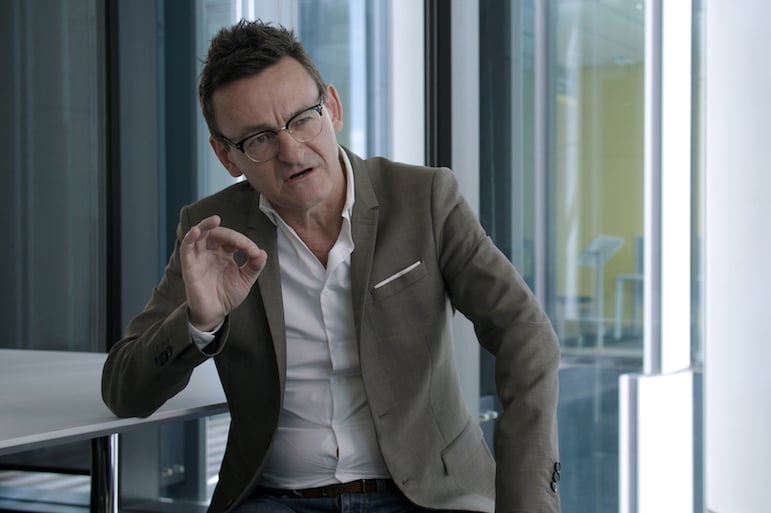Sydney startup Diraq appears to have cracked one of the many challenges facing the future success of quantum computing – an absolute zero operating temperature
Diraq has demonstrated its spin-based quantum processors operating at temperatures 20 times warmer than previously demonstrated while maintaining stability and high accuracy, with the results published in a peer-reviewed study in Nature today.
The quantum startup is a world leader in the development of quantum processors using silicon ‘quantum dot’ technology. Its engineers found a new way of precisely controlling single electrons nestled in quantum dots that run logic gates. Most of the current quantum computing modalities need to be cooled to extremely low temperatures near absolute zero – minus 273.15 °C – because at higher temperatures, the qubits falter and calculation errors rise.
This new research demonstrates high-accuracy spin-based quantum computation at temperatures above one Kelvin (aka absolute zero).
The study’s lead author, Jonathan Huang, a research associate at Diraq, said that while it’s a difficult to comprehend in the context of conventional temperatures, it’s groundbreaking for quantum computing.
“Our advanced engineering achievement involved a deep understanding of physics as well as the experimental curiosity to push the boundaries of engineering design,” he said.
Sydney uni professor David Reilly the heat from the control interface of qubits (the basic unit of information in quantum computing) is a fundamental challenge to scaling up quantum devices into complex quantum machines.
“The pioneering work of Huang and colleagues demonstrates a spin qubit platform that can operate at elevated temperatures, making it somewhat immune to the heat from control,” he said.
“These results are also of significant practical importance, providing a means of characterising and screening devices without the need for expensive, complex dilution fridges.”
Diraq founder and CEO Andrew Dzurak, a professor in quantum engineering at UNSW, said the costs and complexity of the overall system are dramatically reduced at elevated temperatures.
“Harnessing the power of ‘hot qubits,’ these quantum computers will enable calculations far beyond the reach of supercomputers that exist today, enabling faster and more accurate predictions and analysis,” he said.
This will also save costs and energy when running calculations to solve problems of global significance, generating significant economic outcomes.”
Steve Brierley, CEO of Riverlane, a quantum engineering company said it was an important milestone for the field of spin-based quantum computing.
“It means Diraq’s hardware has reached a standard where it’s now possible to run complex error correction techniques,” he said.
“This is a necessary step for fault-tolerant quantum computing and will help set a path towards useful, spin-based quantum computers”.
Last month, Diraq announced a US$15 million Series A-2 raise, led by Paris-based Quantonation. The capital topped up US$20m when it was spun out of UNSW Sydney in 2022. Diraq’s now has received US$135m in funding, including grants from including funding from the Australian Research Council (ARC), UNSW, US Army Research Office and the US Air Force Office of Scientific Research.




















Trending
Daily startup news and insights, delivered to your inbox.